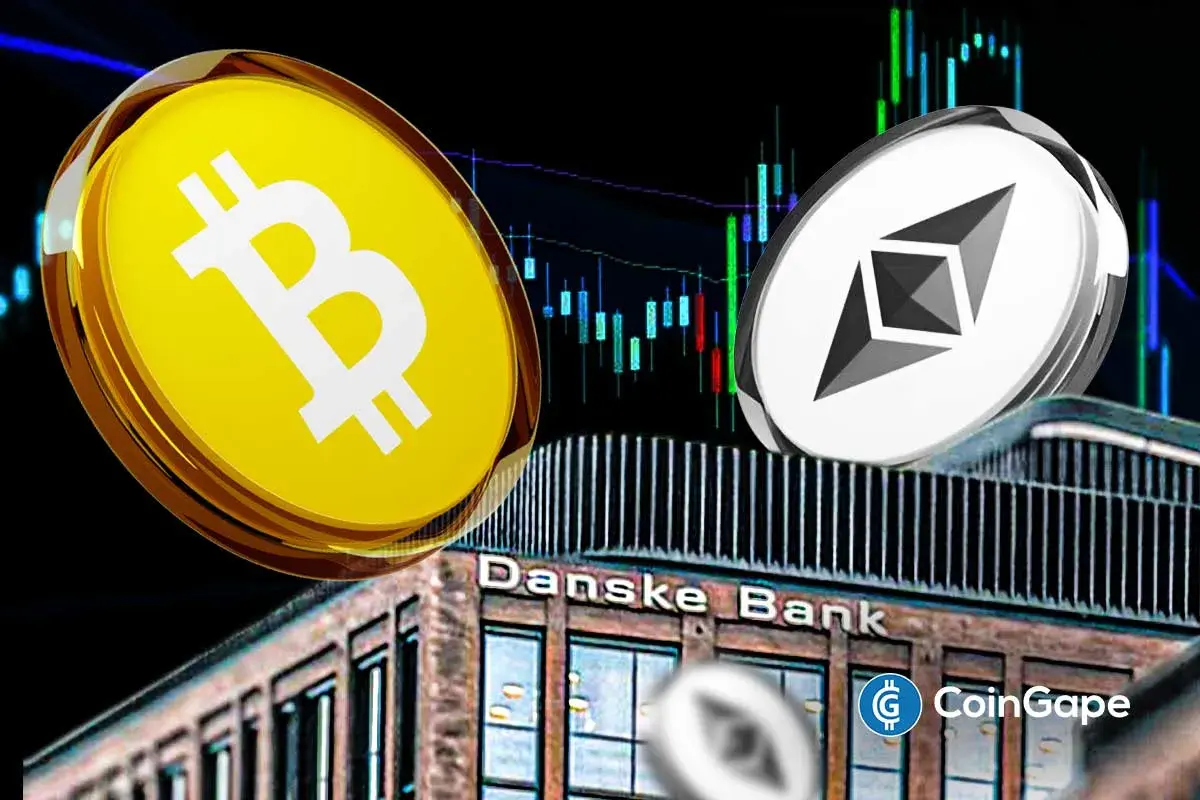Spot Bitcoin ETFs Can Dethrone the Future ETFs, Here’s How

The U.S. crypto market is yet to see the light for the approval of the first spot Bitcoin ETF from the U.S. SEC. Considering the ongoing developments, analysts are expecting the spot Bitcoin ETF to arrive by early 2024.
However, some are already seeing the spot ETF products as threats to the existing Bitcoin futures ETFs already available in the market. At present, the most accessible route for US fund investors to engage with cryptocurrency is by investing in products that follow Bitcoin futures contracts. These funds made a significant splash when they were introduced in October 2021, setting records.
However, they struggled to maintain that initial excitement, and their collective market value has since stabilized at around $1 billion. Analysts suggest that the introduction of spot-based funds would more accurately track the coin’s price and potentially at a lower cost. The spot product could challenge the existing Bitcoin futures ETFs in the market. James Seyffart, an analyst at Bloomberg Intelligence said:
“We would expect the assets and volume to coalesce around one or multiple spot-Bitcoin ETFs because they are superior products for most types of investors. New money, particularly those looking to buy and hold over longer time periods, will be attracted to a spot product, which is also likely to be cheaper and more efficient than the current futures ETFs on US exchanges.”
Spot Bitcoin ETF – A $100 Billion Market
As per the analysts from Bloomberg Intelligence, the arrival of spot Bitcoin ETFs could soon make it a $100 billion market. They can further dampen the futures ETF products for Bitcoin.
After a strong momentum in the early days, the Bitcoin futures ETFs have failed to keep the momentum going further. They have been trailing Bitcoin’s rally this year. Analysts believe that once the spot Bitcoin ETFs come into the market, there could be significant outflows from the Bitcoin futures ETFs. This is due to the higher costs of the latter and their underperformance.
The introduction of spot ETFs, which are more likely to provide a real-time reflection of supply and demand, could lead to a shift in trading activity and liquidity away from US Bitcoin futures markets if they replace futures-based Bitcoin ETFs, as noted by JPMorgan strategist Nikolaos Panigirtzoglou in a July report.
Spot funds may present their own attractive qualities, including the potential for significantly lower fees compared to the current lineup of futures-based ETFs. In the increasingly competitive ETF landscape, fee battles have become a common occurrence, both in emerging categories and well-established asset classes. Should Bitcoin ETFs launch, many anticipate intense competition among various issuers.
- U.S. CFTC Committee Appoint Ripple, Coinbase, Robinhood CEOs to Boost Crypto Regulation
- What Will Spark the Next Bitcoin Bull Market? Bitwise CIO Names 4 Factors
- U.S. CPI Release: Wall Street Predicts Soft Inflation Reading as Crypto Market Holds Steady
- Bhutan Government Cuts Bitcoin Holdings as Standard Chartered Predicts BTC Price Crash To $50k
- XRP News: Binance Integrates Ripple’s RLUSD on XRPL After Ethereum Listing
- Solana Price Prediction as $2.6 Trillion Citi Expands Tokenized Products to SOL
- Bitcoin Price Could Fall to $50,000, Standard Chartered Says — Is a Crash Coming?
- Cardano Price Prediction Ahead of Midnight Mainnet Launch
- Pi Network Price Prediction as Mainnet Upgrade Deadline Nears on Feb 15
- XRP Price Outlook Amid XRP Community Day 2026
- Ethereum Price at Risk of a 30% Crash as Futures Open Interest Dive During the Crypto Winter


















